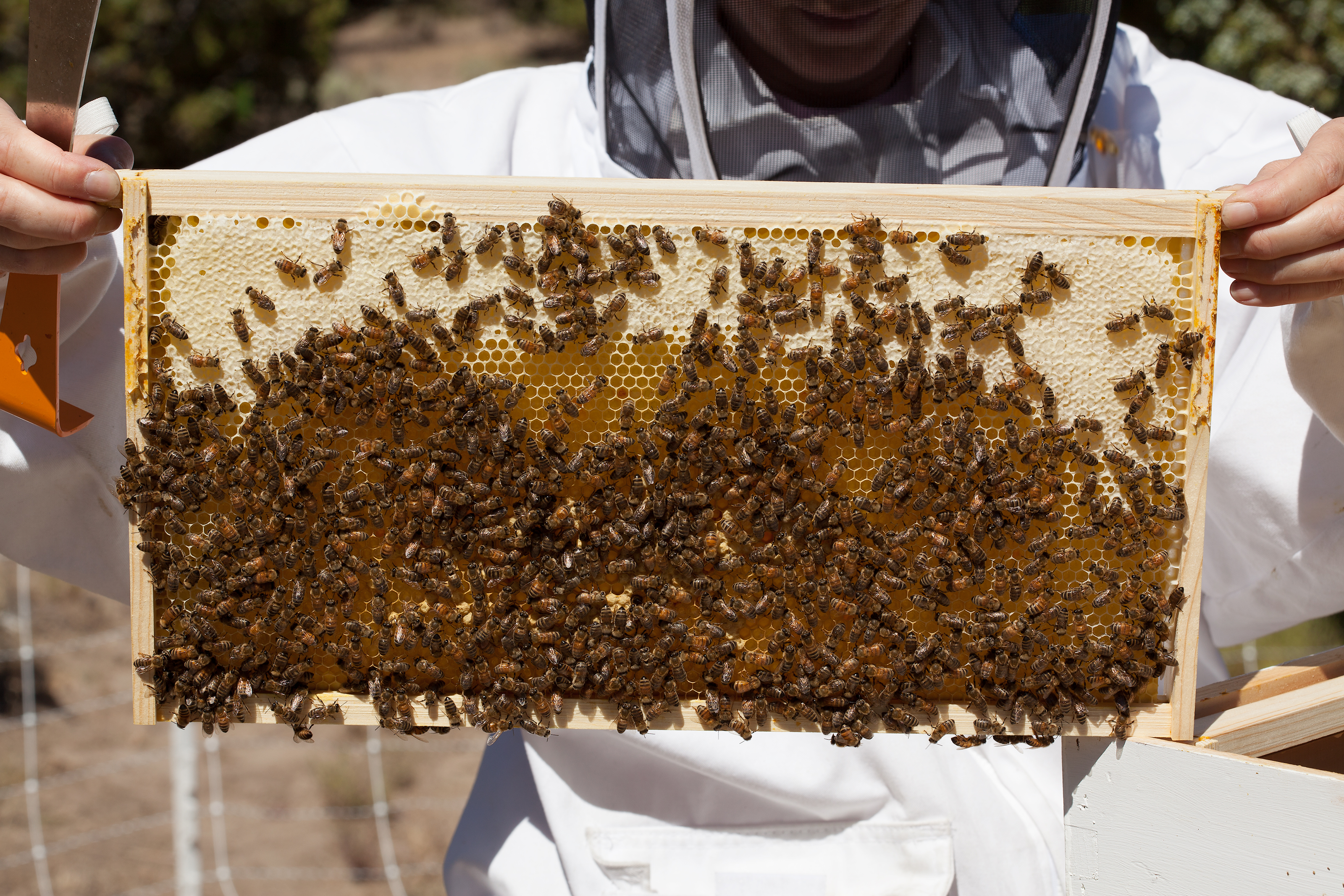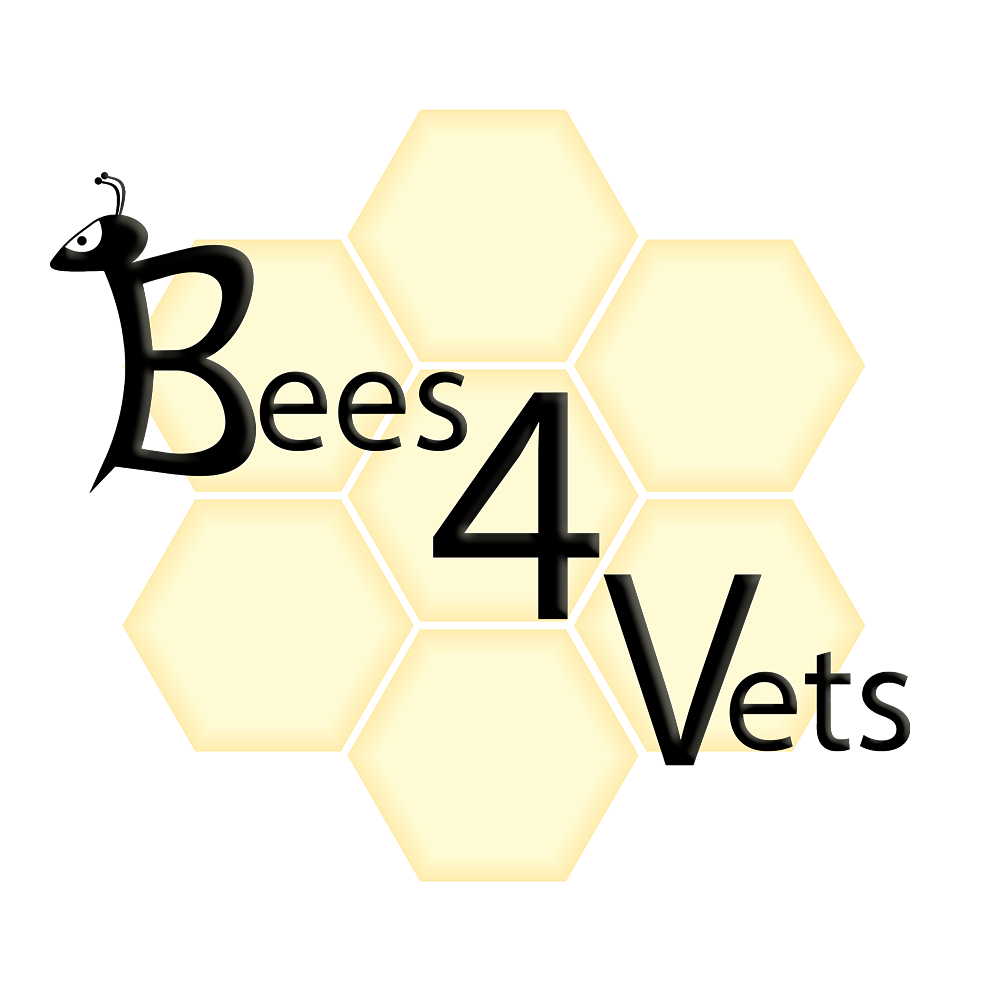
PROGRAM
Our program is specifically aimed at teaching veterans and first responders with PTSD and/or TBI the vocation of beekeeping. This is primarily a hands-on program where our students learn by doing.
Our program will run from at latest late April until at least mid-October. If the weather warms up early, it could start earlier and if it stays warm later, it will run later. We will meet at least weekly during this time. It is our goal for our clients to learn as much as possible during their time with us so they can be successful beekeepers at whatever level they wish to pursue.
First Year
Students in their first year in our program will receive personalized instruction and will have direct supervision while working with the bees. Note, this is a hands-on program where our students will be working with the bees themselves, not just watching someone else work with the bees. Each student will have 2 hives to manage and take care of. Students may help build the hive equipment they will use in the field.
Starting in April we will:
- Install new bees into their hives
From April into June or early July we will:
- Split hives from last year that came through the winter healthy and strong enough to split
- Work with basic queen rearing techniques
- Install new queens into splits
From July on, in addition to the above, we will:
- Harvest Honey
- Requeen hives needing new queens
- Ensure the hives have enough food come the end of summer/early fall
Once the weather starts getting cool in the fall, we will:
- Winterize the hives
- Set up winter feeding as necessary
- Start planning for next year
During the year, we will also demonstrate how to assemble the various hive components that a beekeeper needs to purchase or make. This includes hive boxes and frames.
Second and Subsequent Years
During their second and subsequent years in our program, our students will have the opportunity to work independently with hives hosted throughout the local community with easy access to assistance if needed and with periodic oversight to ensure they are not having problems and are doing well applying what they have learned from their first year. The second and subsequent years are not mandatory.
HOW TO PARTICIPATE
To participate in our program, see Get involved.
